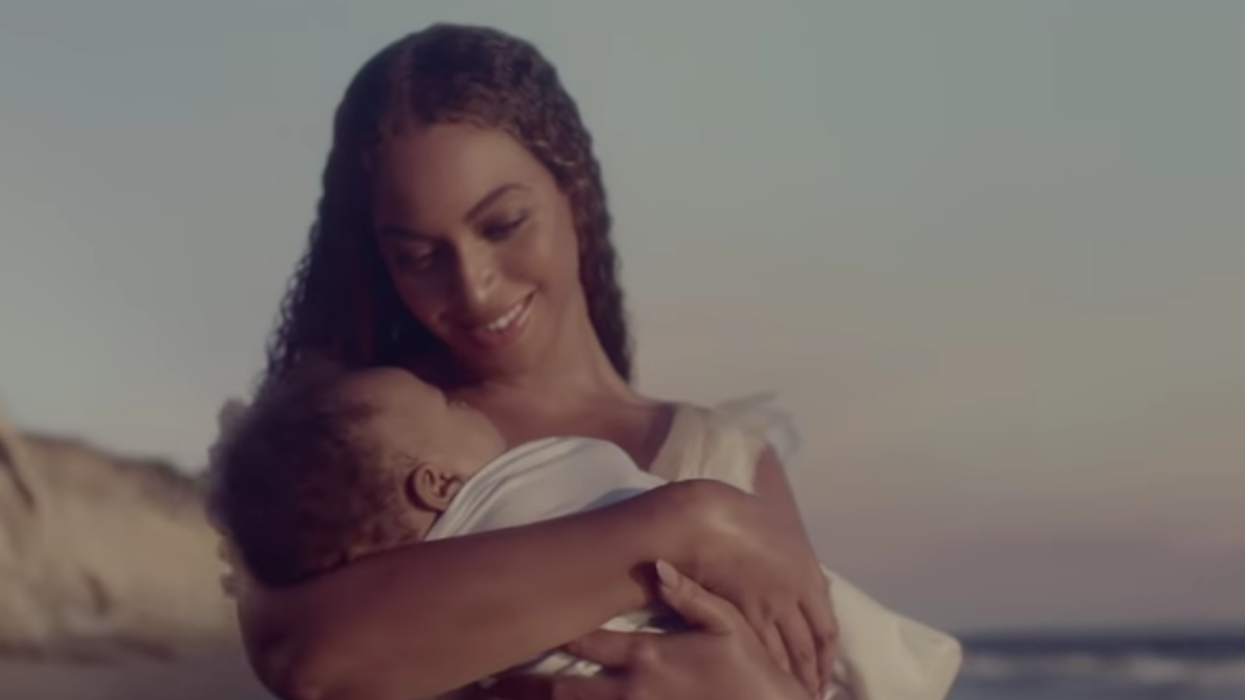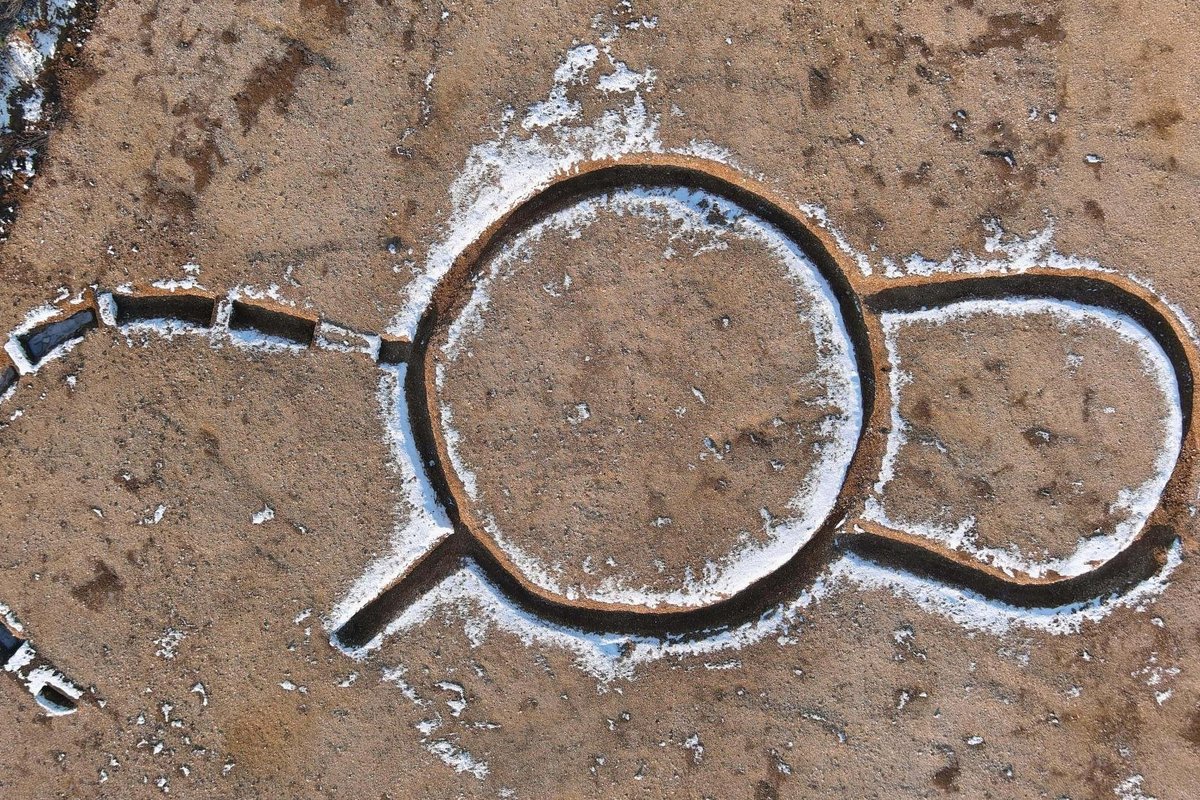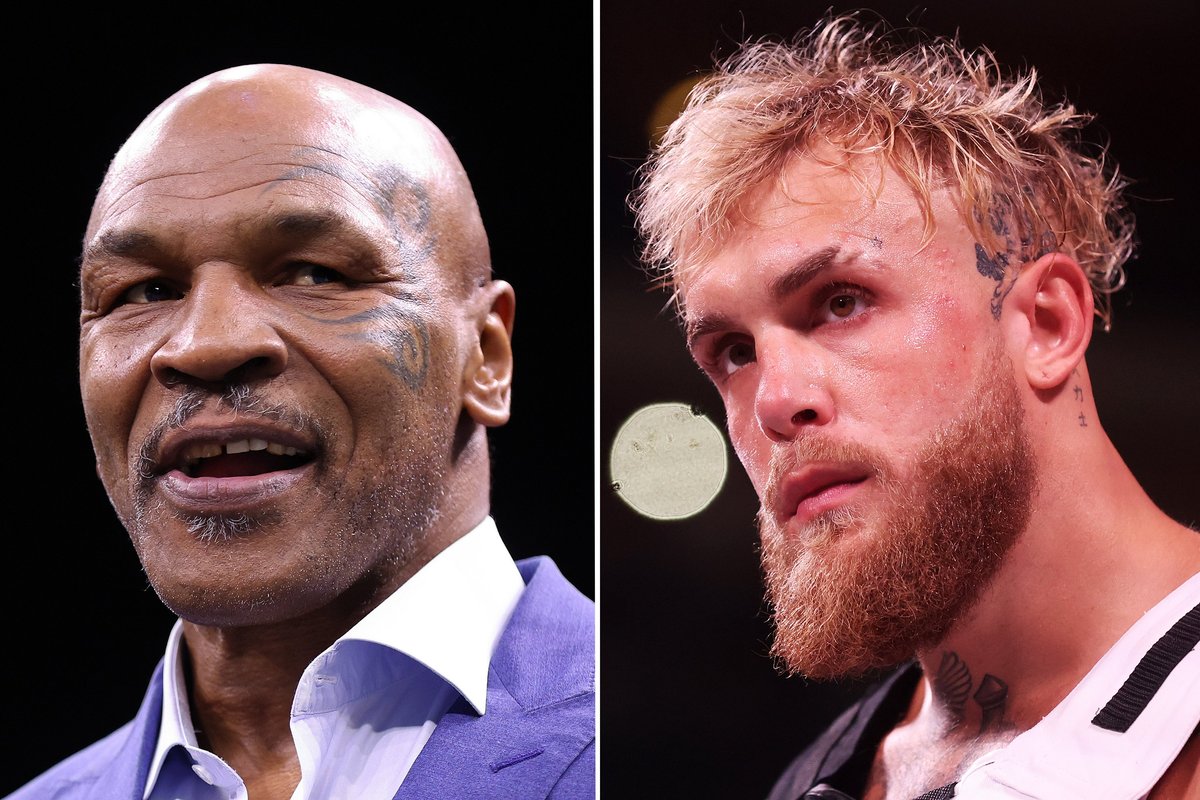
By now a ‘surprise’ Beyoncé album is just a Beyoncé album.
Which is why fans were pleased, if not totally shocked, by the announcement that Queen B is dropping a brand new visual album on 31 July.
Named ‘Black Is King' and streaming on Disney+, Beyoncé unveiled the first look the record over the weekend, with two trailers posted on Saturday and Sunday.
BLACK IS KING, a film by @Beyonce. Streaming exclusively July 31. #DisneyPlus https://t.co/aM7JZwivxk— Walt Disney Studios (@Walt Disney Studios) 1593399605
The visual album was apparently born during Beyoncé’s work on the 2019 film The Lion King, in which she played Nala.
At the time, Bey releasedThe Lion King: The Gift, a full-length album that accompanied the film and featured collaborations with African musicians (many of them Nigerian) like WizKid and Burna Boy.
Which is perhaps why the first look at Black Is King shows Beyoncé continuing to use motifs from African culture, particularly Nigerian traditions including clothing and dances.
It’s not the first time Beyoncé has paid homage to the continent: in previous eras she’s extensively referenced traditional Yoruba deities like Oshun and incorporated choreography from the likes of Mozambican dancers in her performances.
But with more in-depth mainstream discussions happening regarding how Black people around the world are represented and received, this time, there’s been blowback.
Most comes from Black individuals, many of them of African heritage, who have accused her of peddling a narrative that African culture is broadly the same across the continent, despite it being made up of 54 diverse countries.
One Nigerian individual asked what was all the “Wakanda nonsense”.
Others said she was homogenising Africa and erasing important parts of the continent’s story.
Y’all KNOW I love me some Beyoncé but this whole homogenization of African culture is just weird and makes it seem… https://t.co/t6zobjC7td— DaddyLongLegz👩🏾🦲 (@DaddyLongLegz👩🏾🦲) 1593351229
Others discussed it in terms of “Wakandafication”, a reference to the popular 2018 Marvel blockbuster Black Panther, which depicted the culture of a fictional African country.
There were calls for more people to listen to Africans tell their own stories.
@divanificent We as Africans need to tell more of our own stories on our own terms. We have many Billionaires who c… https://t.co/qSPdd345zd— 🏴🇰🇪🇵🇸 (@🏴🇰🇪🇵🇸) 1593348412
And reminders of how Beyoncé fits into a capitalist system.
Beyoncé needs to stop shoving her reheated yoruba mythology and the black business industrial complex down our thro… https://t.co/c8bW7h71W6— Jason Okundaye (@Jason Okundaye) 1593344219
Beyonce needs to stop using Africa as a trope because she won’t even come here to tour. https://t.co/hScoZC6vrh— Nirvana ♡︎ (@Nirvana ♡︎) 1593335021
Of course, this line of criticism was challenged by both the BeyHive and those who found it unfair.
Many pointed out that African Americans are often tracing their heritage when they return to the African continent, given thousands of their ancestors were forcibly shipped over to America to work on slave plantations.
@divanificent I agree, but I feel like y’all aren’t taking African American history into consideration when speakin… https://t.co/fDlFbzrTU6— EP 🤎 (@EP 🤎) 1593360449
There was loud disagreement.
Others said the issue was being over thought and that whatever Beyoncé did, she’d be critiqued.
Why are people pressed that Beyoncé is releasing a film for HER OWN album that came out LAST YEAR??? Make it make s… https://t.co/zpnEjlONr3— Chelsea (@Chelsea) 1593346517
It is true that Queen B is used as a meter stick an awful lot.
However, even those who identified themselves as Beyoncé fans thought it was strange that a film so centred on African cultures would not be available to stream on the continent.
Of course, no set conclusion was reached in this edition of the Diaspora Wars.
It was, however, agreed that even those with reservations would probably end up watching the film.
@Chidi962 @eyeamhazzan We can critique something and also enjoy it lmao— Jason Okundaye (@Jason Okundaye) 1593348187
So maybe Beyoncé will ultimately win this one, despite all the debate. And isn't art supposed to be debated anyway?













